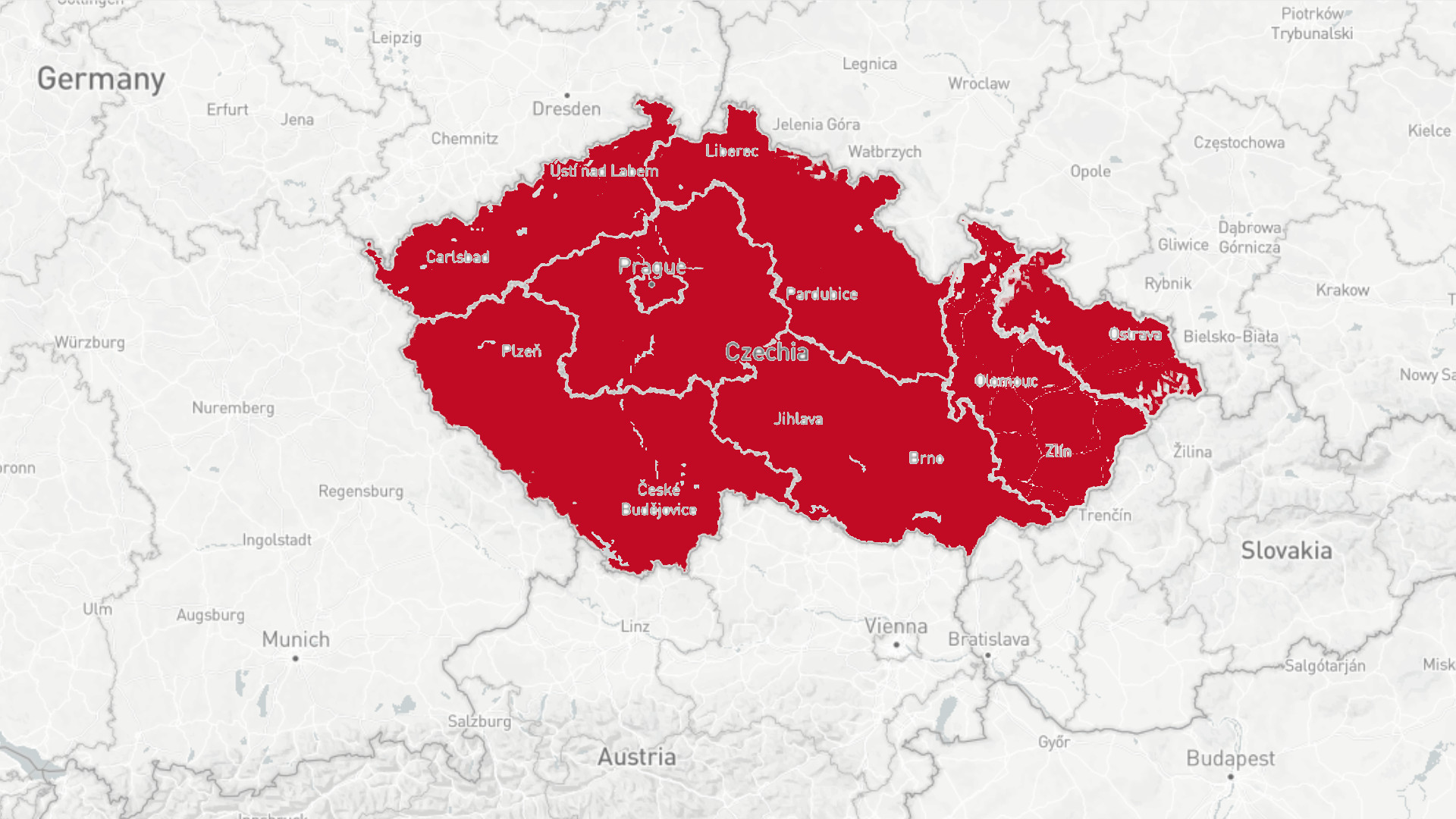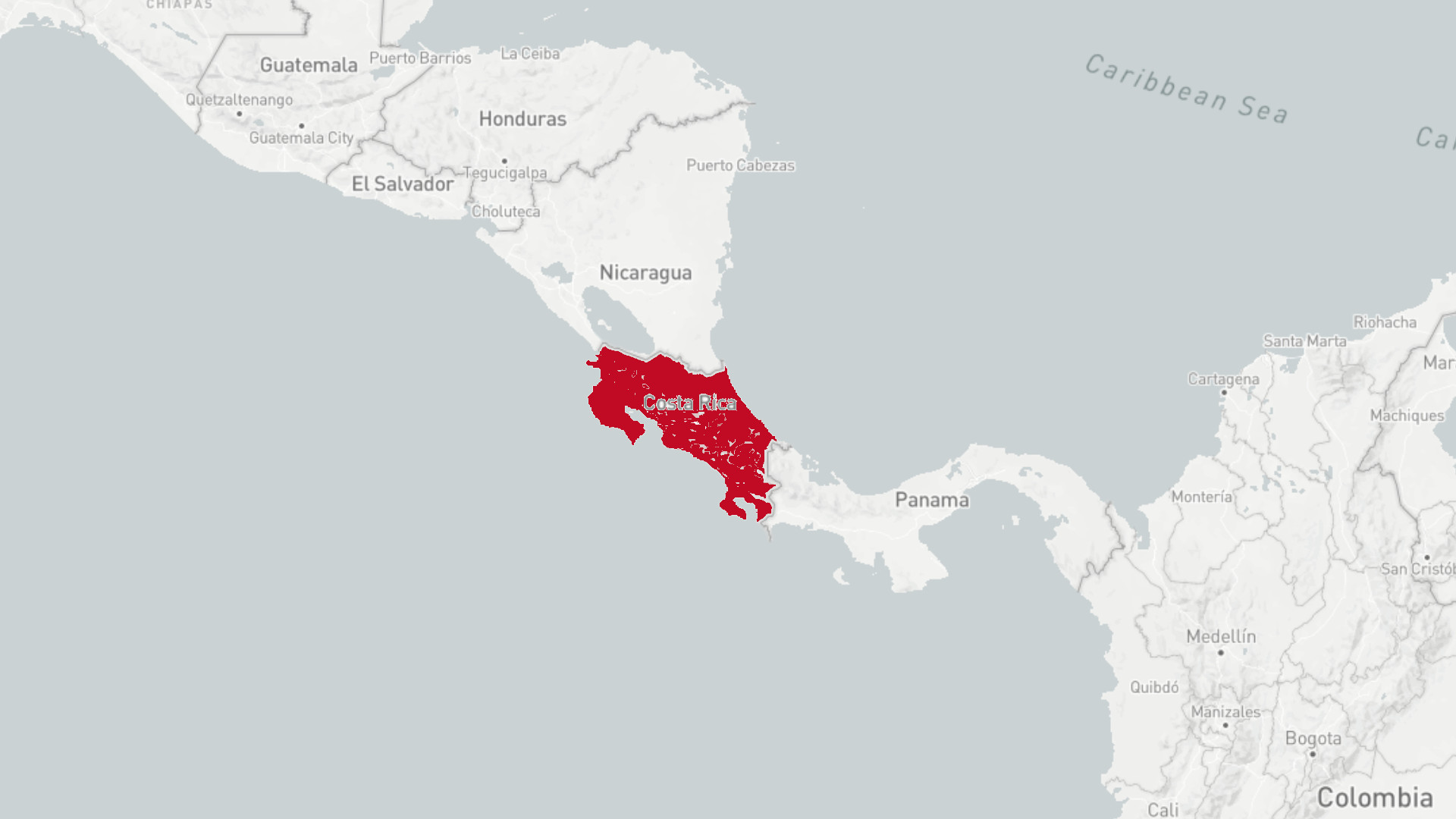#coronabillionaires — how corruption disturbs the fight against Covid-19 in Kenya
written by

Lukas Nickel
When the corona pandemic broke out in February, countries first thought about themselves: borders were closed, trade was frozen and public life was restricted. Now, life has begun again, despite increasing numbers of cases worldwide and the fear of a second wave.
Billions in aid provided by states to their domestic economies have made sure of this. In Germany alone, roughly 25 billion Euros in aid measures were approved. Often forgotten, the global south has not profited from these measures. One pattern is emerging: it is always the poor, who suffer.
Recently, the governments of Kenya, Côte d'Ivoire, Sierra Leone, Senegal and Niger joined forces about this neglect. Their core statement: „Wealthy countries are failing Africa“. For 2020, the World Bank has predicted the first recession on the African continent in 25 years.
Businesses in Kenya for instance are struggling to stay afloat in the aftermath of the Covid-19 fallout. Small businesses are hit the hardest due to the limited resources they have. Some have had to close their stores while others have been unable to get bank loans. Some lenders have stepped in to ease the burden of being short on cash on businesses, by restructuring loans that run into billions of Kenya shillings.
Global and local financial institutions have partnered to offer small businesses low-interest loans to boost their operations during the pandemic. Recently, the World Bank offered Equity Bank, a Kenyan lender, $50 million loan for onward lending to small businesses that have been hurt by measures related to curbing the spread of Covid-19. That includes lockdowns and the dusk-to-dawn curfew that the Kenyan government has imposed to limit social gatherings at night.
Also reaching out to small businesses in Kenya is the European Union and other multilateral institutions, like the International Monetary Fund, the African Development Bank and the World Bank. So far, the country has received close to $2 billion in financing from these institutions to support businesses grappling with the negative impacts of the pandemic. The loans will be issued on donors' terms - and they are surprisingly little compared to the 25 billion granted by the German government alone.
However, as in other parts of the world too, the measures to contain the coronavirus have hurt mostly entertainment and bar businesses, most of which have been forced to remain closed because of the restrictions against gatherings and drinking alcohol in restaurants and bars.
Bar owners have been up in arms against the government ban on alcohol drinking in public places and have been protesting the move to close their businesses. However, recently the government hinted at easing the restrictions and is engaged in talks with the establishments to come up with health protocols to guarantee public safety as well as measures to curb the spread of Covid-19.
The restrictions are generally even stricter in Kenya than in large parts of Europe: Schools and universities, for example, are not yet open - only recently the Kenyan Minister of Education warned against demanding that schools be opened.
Also, the tourism sector is slowly recovering after the government eased the international air travel ban but it is yet to pick up. Many countries, where tourists to Kenya hail from do have measures in place too, that restrict air travel.
Although it looks like the situation is improving, many Kenyans are still struggling with the situation. Especially those who earn their money in the informal sector. They live from hand to mouth. These people sell homemade juice on the street or whatever is in demand. Lately, they often sell masks. They are not registered anywhere, receive no support from the state and depend on their families as the only social security. Often, they do not appear in statistics, so nobody knows exactly how many they are. In Kenya's capital Nairobi, 80% of the population of a good five million is said to work in the informal sector.
Although the number of corona cases in Kenya is low, the population continues to be hit badly by the economic slump - even if the sanitary crisis seems to be over, the economic crisis is yet to come, many believe.
In addition, test numbers in Kenya are very low: with a population of about 48 million, 5000 tests are carried out per week - while in Germany, with its 84 million inhabitants, around 100,000 people are to be tested per week.
At the same time, the country is shaken by a corruption scandal that is also taking place simultaneously in other African countries such as South Africa and Zimbabwe: During the pandemic, so-called "tenderpreneurs" are said to have been awarded contracts worth millions of Euros. This is how it works: shadow companies receive orders from the Kenya Medical Supplies Authority to supply protective materials, disinfectants, masks and more at much higher prices than what would be usual on the market. However, they never deliver them.
A concrete example: The World Bank is looking for about 8.3 million Euros, which were intended, among other things, for the construction of isolation stations. Of this money, almost 330.000 Euros are said to have been spent on the leasing of ambulances and 30.000 Euros on teas and snacks - far too high a sum, it is suspected.
In the wake of the exposure of the scandal by The Daily Nation, Kenya's largest daily newspaper, a storm of indignation broke out under the hashtag #CovidBillionaires, which ended in demonstrations demanding an investigation. The police squashed them with tear gas. But the demonstrators were successful: in early August, the Senate ordered an audit of expenditures.
However, in Europe, the scandal remains largely under the radar. The embezzled sums stem from institutions, that are partially funded by European countries. Eventually it is their money being misused, enhancing the distrust in African governance.
Instead of helping those that need it the most, it ends up in the pockets of the rich, worsening an already complicated situation.

















